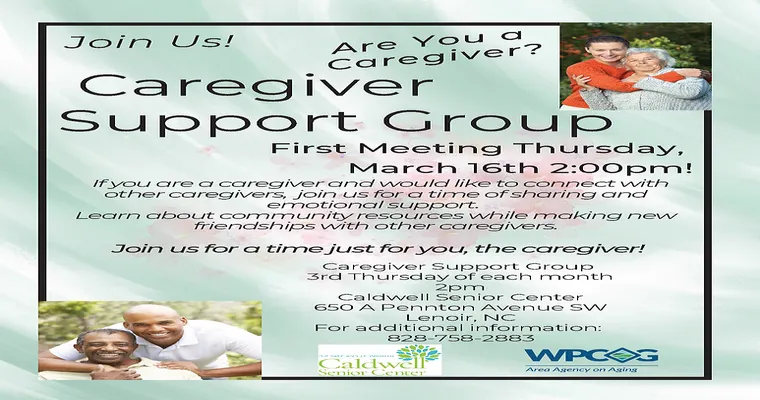Finding a "caregiver support group" can be a crucial step in managing the emotional and physical challenges that come with caregiving. Caregivers often face feelings of isolation, stress, and burnout, making it essential to connect with others who understand their experiences. In this article, we will explore various methods to locate a "support group" tailored to the needs of caregivers, ensuring you have the resources necessary for your journey.
One of the first places to start your search for a "caregiver support group" is online. Many organizations and websites are dedicated to providing resources for caregivers. Websites like the "Family Caregiver Alliance" and the "National Alliance for Caregiving" offer directories where you can find local support groups. You can also use social media platforms such as Facebook to connect with caregiver communities. Simply search for groups using keywords like "caregiver support" or "caregiver group" to find relevant options.
Local community centers and health organizations often host "support groups" specifically for caregivers. Check with hospitals, senior centers, or faith-based organizations in your area. Many of these institutions understand the importance of caregiver support and may have regular meetings where caregivers can share their experiences and challenges in a safe environment.
Another effective way to find a "caregiver support group" is through word of mouth. Speak with friends, family members, or healthcare professionals who may have knowledge of local support networks. They can provide recommendations based on their experiences or direct you to resources that you may not have known about.
If you prefer a more personalized approach, consider reaching out to a therapist or counselor who specializes in caregiving issues. These professionals can guide you towards appropriate "support groups" and provide individualized support that complements group participation.
For those who may have difficulty attending in-person meetings, online support groups are an excellent alternative. Many platforms offer virtual meetings where caregivers can connect regardless of their geographical location. Websites like Meetup or various caregiving forums provide an online space for sharing experiences and receiving emotional support.
Lastly, do not overlook the power of local libraries and universities. Many offer programs and workshops focused on caregiver support, and they often have bulletin boards or resources related to "support groups" in your community.
In conclusion, finding a "caregiver support group" can significantly enhance your caregiving experience. Whether you choose to search online, reach out to local organizations, or connect with professionals, the key is to seek out a community that resonates with your needs. Remember, you are not alone on this journey, and support is available to help you navigate the challenges of caregiving.





